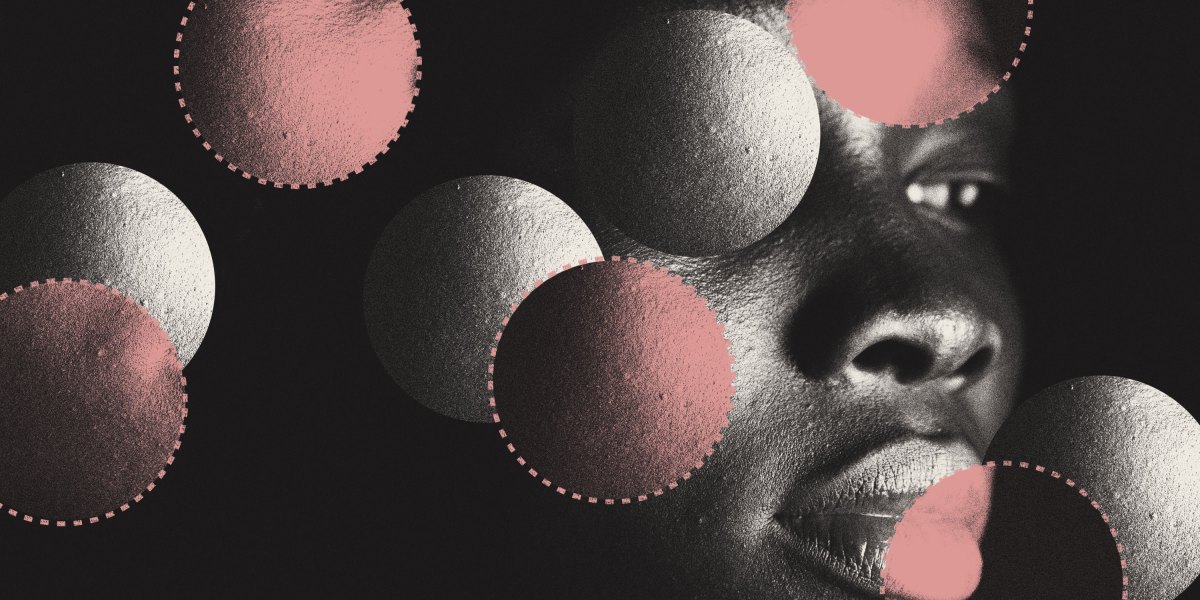[ad_1]
Amy Nu is studying selfie editing behavior as part of her PhD in Psychology at the University of Wisconsin, Madison. In 2019, she conducted research to determine the impact of beauty filters on the self-esteem of American and Chinese women. She photographed 325 college-age women and, without telling them, applied a filter to some of the photos. She then interviewed the women to measure their emotions and self-esteem when they see edited or unedited photos. Her results, which have not yet been released, showed that Chinese women viewing edited photographs felt better, while American women (87% of whom were white) felt about the same, regardless of whether they were photos are edited or not.
Niu believes the results show huge differences between cultures when it comes to “beauty standards and how receptive people are to these beauty filters.” She adds, “Tech companies are realizing this and are making different versions. [of their filters] adapt to the needs of different groups of people. ”
This has very obvious manifestations. Niu, a Chinese woman living in America, uses both TikTok and Douyin, the Chinese version (both are created by the same company and have many of the same features, but not the same content). Both apps have beauty. modes, but they are different: Chinese users are given more extreme smoothing and brightening effects on the face.
She says the differences don’t just reflect cultural standards of beauty – they perpetuate them. White Americans tend to prefer filters that make their skin more tanned, whiter teeth, and longer eyelashes, while Chinese women prefer filters that make their skin lighter.
Niu is concerned that the sheer number of filtered images is making beauty standards more uniform over time, especially for Chinese women. “In China, beauty standards are more uniform,” she says, adding that filters “erase many differences from our faces” and enhance one particular image.
“This is really bad”
Amira Adave noticed the same dynamic in the way young colored girls use filters on social media. Adave is the founder and CEO of Beautywell, a Minnesota-based nonprofit that aims to combat colorism and skin lightening. The organization runs programs to educate girls of color on online safety, healthy digital behavior, and the dangers of physical skin lightening.
[ad_2]
Source link



